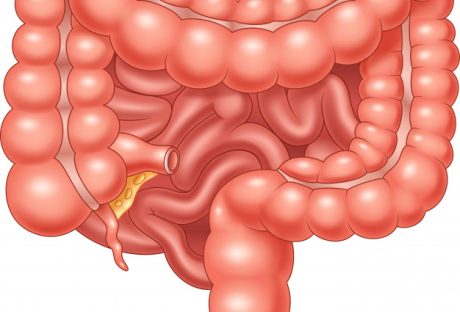There are many kinds of addiction to nicotine. One can only feel the urge to smoke on special occasions, for example at weddings or before exams. Some smokers only enjoy a cigarette in the morning, but cannot imagine starting a day without it. Others only smoke alone, never in a group. Some of them smoke a pack a day, others – a pack a year. But every kind of regular smoking (even if it happens rarely, but still regularly) is an addiction. In some way it limits you. Even if you only smoke once a year, but still feel bad if you don’t have a cigarette this one time, you are addicted. Don’t limit yourself! This article will help you decide to quit, change your habits and stay resistant to the urge of having “just another one”.
Step 1. realize:
It happens quite sometimes that somebody says “I’m not addicted, I don’t need to do it, but I want to”. If you do so, try not to smoke and check your feelings. Is the lack of nicotine distracting you? Do you still feel you want to smoke, even if you say “you don’t need to”? Then maybe you are not as free as you think you are? The first step to getting out of nicotine addiction (and any other addiction in fact) is realizing that you have one. You don’t need to smoke every day to be addicted. But if you feel bad without having a cigarette, it’s quite obvious, that the nicotine is limiting you.
Step 2: choose the right moment:
It’s not easy to change your habits from one day to another. It will take some time and effort. That’s why it’s good to choose the right moment for quitting. If you know, you’ll be going through a lot of stress, for example, because of an exam or big changes in our life, it may not be a good time to quit. Try to find a time, when nothing extremely stressful can happen. Maybe a summer vacation? Maybe some peaceful time in the year? You’ll know better yourself. It can be rather hard to focus on your goal when you have a lot of things going on. And that doesn’t mean you cannot do it! It just makes it easier to quit, when the circumstances are favorable.
Step 3: change your mindset:
The most important thing to know is why you want to quit. Motivation is key. There are a lot of reasons to stop smoking, not only health issues and the money you spend on it. The most important thing is to free yourself from an addiction that limits you in your everyday life. So don’t think of it as a punishment. It’s not that you cannot smoke, you will just not need to do it anymore! When you think of not smoking as another limitation, it will be a lot harder.
Step 4: find a way:
When you decide to quit, you might find it hard at the beginning. That’s why it is helpful to find something to help you through it. Maybe a new hobby? Some exercise? And if the urge to smoke something is too strong, you could also try nicotine-free e-cigarettes. If you never tried this non-traditional way to smoke, you can find some cheap vaping deals online. Ideally, you should quit not only the nicotine but also the habit of smoking itself but remember – one step at a time.
Step 5: stay strong:
In the beginning, it can be hard not to smoke any more. But you can help yourself by changing your mindset – again. Don’t think that you are punishing yourself – in reality, you are rewarding yourself with life without addiction, live-in freedom. You’ll no longer feel bad or distracted when you have no time or opportunity to smoke. And don’t forget about all those benefits living smoke-free brings to your health. Your body will thank you and you’ll feel better. An idea is to write down all the good things that are coming from your non-smoking and keep the list in your wallet to look at it in the moment of weakness.
Step 6: enjoy!
Of course, it’s not an easy process to quit an addiction, especially when it has been going on for a while. You may feel weird without the cigarette breaks you used to take. You may miss the connection smoker have with each other. You may miss the relief that smoking gave you – but here’s the thing – it only gives you this relief if you are addicted. For a non-smoker, it makes literally no sense. So what’s the point of doing it anyway? Quit now and enjoy your life in freedom, you are not going to regret it.
Read Also:






















